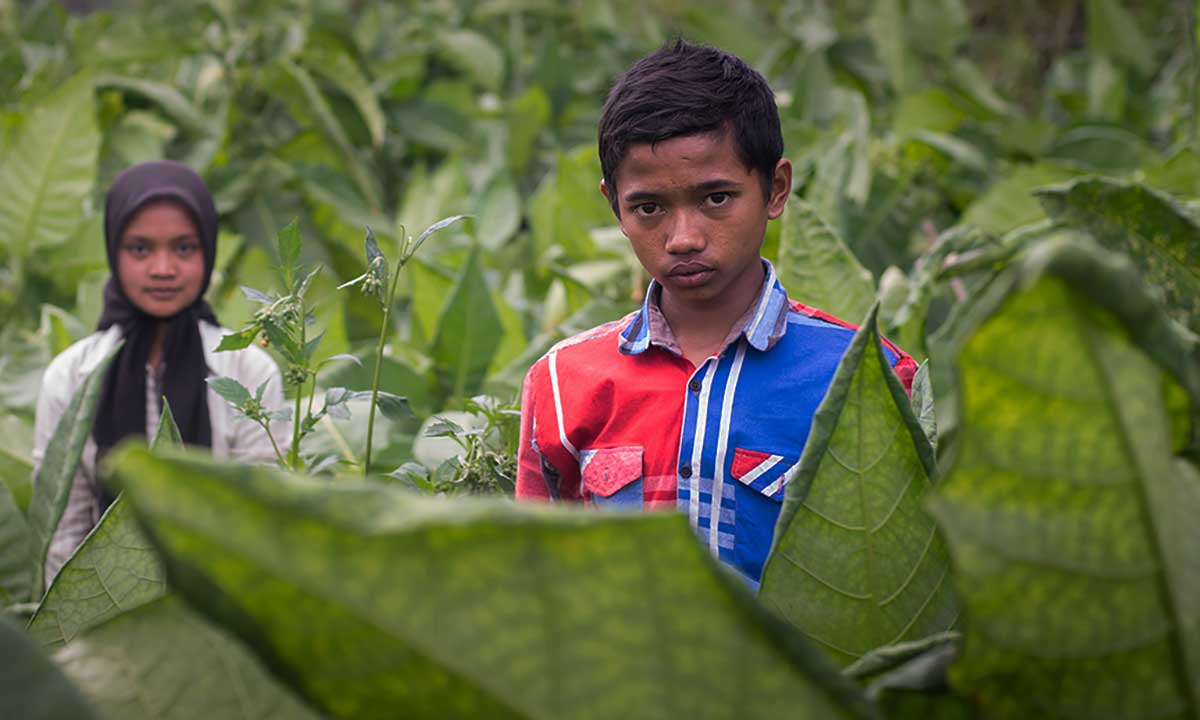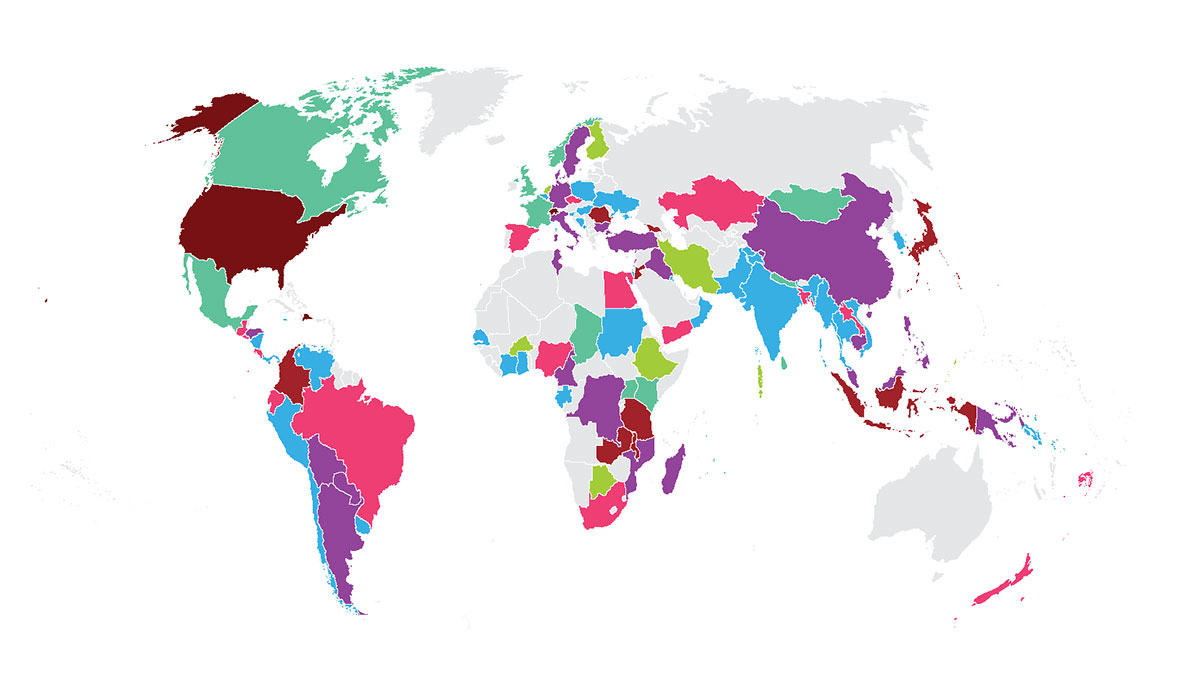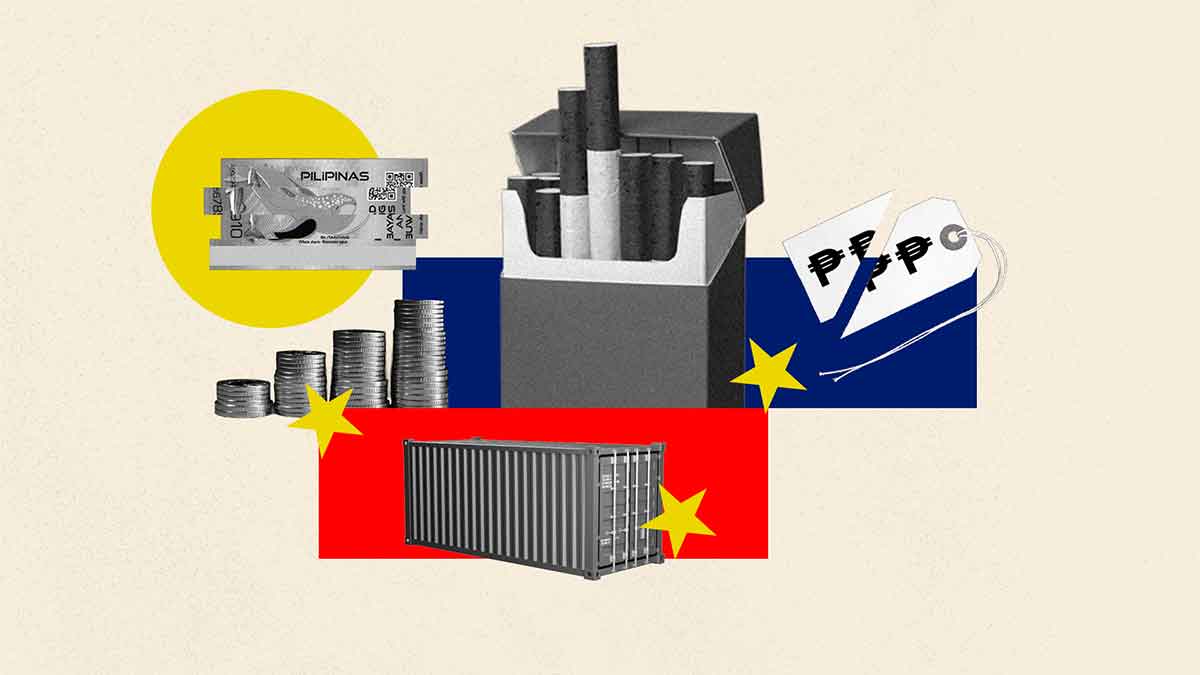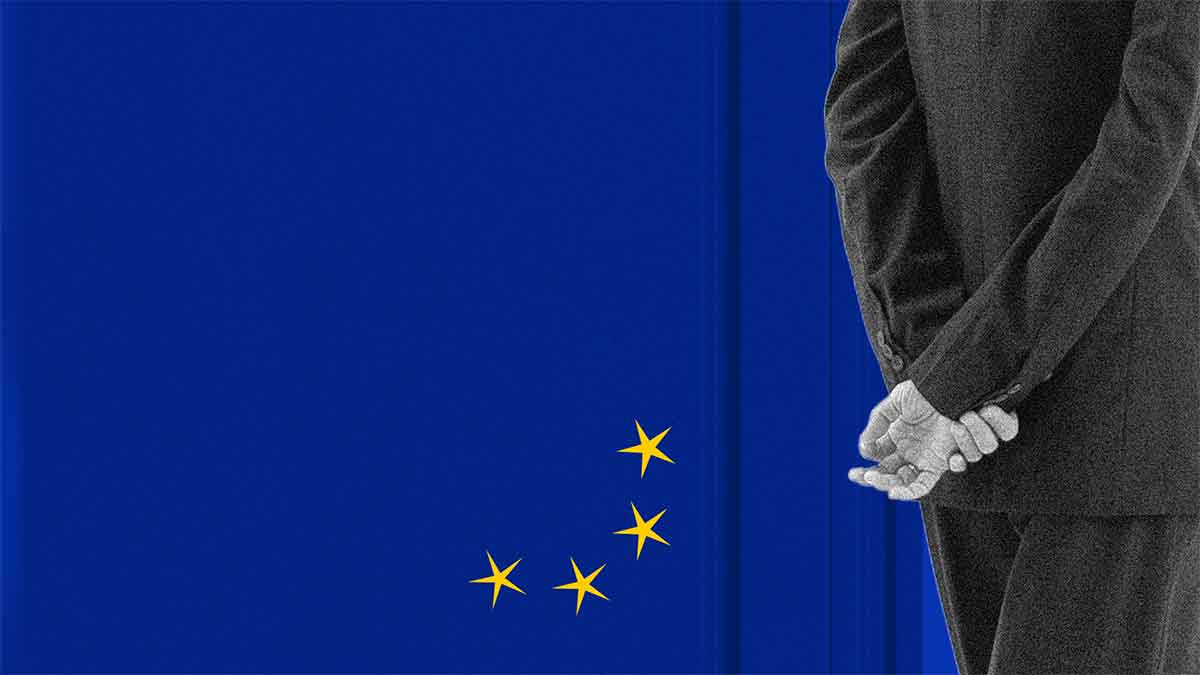- Resources
- News
-
-
Now Accepting Grant Funding Applications
Ready to tackle industry interference? Apply by February 25.
-
Get Email Updates
Sign up for STOP's emails and never miss an update on our latest work and the tobacco industry's activity.
-
Share a Tip
Do you have information on tobacco industry misconduct in your country? Let us know.
-
Now Accepting Grant Funding Applications
Sabotaging Policy
October 03, 2019

By Deborah Sy (originally on Health Policy Watch)
As delegates gathered in New York for the UN General Assembly (UNGA) last week, tobacco companies were lurking on the margins to cultivate influence and undermine policies that would accelerate the Sustainable Development Goals. More than 140 health organizations from over 40 countries have joined me in calling on delegates to reject invitations to meet with tobacco companies and their front groups and to denounce tobacco industry partnerships.
This is the only tenable position for governments and UN agencies: few industries are as incompatible with the sustainable development goals as tobacco, which leaves behind a devastating trail of health, social, economic, and environmental harms.
Every year, the industry’s products claim 8 million lives among smokers and non-smokers exposed to second-hand smoke. Among adolescents, smoking and exposure to second-hand smoke leads to learning problems and cognitive impairment. Tobacco-related diseases are costly to treat, hindering progress towards UHC 2030. According to the World Health Organization (WHO), the costs to health and related productivity losses result in economic losses of around $1.4 trillion every year — equivalent to two percent of global GDP — with much of the burden placed on low- and middle- income countries. This $1.4 trillion does not include the social and economic costs of enduring cyclical poverty, widening inequality, poor labour practices, and environmental harms and far outweighs the $269 billion revenues from tobacco taxes.
Premature deaths place a financial burden on families, and cycles of ill health and poverty among vulnerable populations are reinforced when tobacco use diverts money from food, clothing, healthcare and education — widening inequality.
Big tobacco’s thirst for profit has led to decades of poor labor practices. About 1.3 million children aged under 14 years work in tobacco fields, missing school and risking illness from nicotine poisoning related to handling tobacco leaves. Furthermore, the supply chain exploits small farmers in countries across Africa and Asia, leading to financial dependence. Research shows they make little to no profit (or even a loss) from the crop, but many are forced to continue growing tobacco because they are contracted or in debt to tobacco companies.
Beyond the devastating health, educational, and financial impacts, tobacco places a massive burden on our planet. Cigarette butts are the most littered product globally leading to massive air, land, water and sea pollution. Tobacco curing leads to significant deforestation. On top of these environmental harms, tobacco crops leach nutrients from land that could be used for crops to improve food security.
The industry tries to mask this reality, and the United Nations risks being complicit. Tobacco companies are using the Sustainable Development Goals as part of their strategy to diminish the focus on their accountability for harms caused and to launder their sordid reputations for the purpose of engaging with governments, the development community and UN organizations:
They use SDG logos in their reports, sponsor UN-linked events and launch global initiatives to divert public attention from the harm they cause and detract government attention from holding them accountable and liable for harms.
- They claim they can use their knowledge of supply chains to improve productivity and economic outcomes for other crops, but tobacco cultivation continues to leave many tobacco farmers in poverty.
- They claim to be actively engaged in eliminating child labor, using this issue to maintain relationships with the International Labour Organization (ILO) in particular, but decades after their well-publicized, so-called “corporate social responsibility” work in this area, the problem remains.
- They claim their activities are essential to the economic success of many countries, when analysis consistently finds that tobacco-related costs incurred by their products significantly outweigh the tobacco industry’s contribution to government revenues, and
- They claim their new products will help countries progress toward targets for reductions in tobacco use, when there isn’t sufficient independent evidence to support smoking cessation claims.
We know that these efforts are planned: tobacco industry documents reveal that access to the UN is part of a deliberate strategy to establish credibility, to gain access to policy makers for the purposes of undermining tobacco control and to open up new markets for its products.
Such infiltration has the potential to risk hard-won progress within the UN system. World Health Organization led efforts to protect policy from tobacco industry interference. Article 5.3 of the Framework Convention on Tobacco Control (WHO FCTC) states that “there is a fundamental and irreconcilable conflict between the tobacco industry’s interests and public health policy interests.” In its Framework for Engagement with Non State actors, WHO commits to not partner with tobacco industry or those furthering its interests. WHO also developed the Model Policy for UN agencies — a path which led to the exclusion of tobacco companies from the UN Global Compact, and the UN Economic and Social Council passing resolution E/2017/L.21, which calls upon all UN agencies to “implement their own policies on preventing tobacco industry interference.”
But even as UN agencies have worked to withstand industry pressure and close the door to tobacco companies, influential third parties are opening back doors for the industry to threaten the SDGs.
Concordia, the high profile, public private partnership-focused non-profit held its Annual Summit in New York this week to coincide with UNGA, attracting global leaders from UN agencies, business and the media. The organization actively promotes its partnership with the tobacco industry, with Philip Morris International (PMI) being featured in Concordia’s program in a manner that allows it to engage with policymakers and regulators, which could lead to a violation of Article 5.3. PMI’s CEO was invited to speak at Concordia’s Annual Summit in 2018 and 2019, but PMI isn’t the only tobacco company involved; British American Tobacco has used previous Concordia events to align itself with the health and development agenda. Tobacco sponsorship of Concordia events helps tobacco companies side-step bans on tobacco advertising, promotions and sponsorship, including corporate social responsibility activities, which some countries have implemented in accordance with Article 13 of the WHO Framework Convention on Tobacco Control.
In July, a PMI executive managed to directly address policymakers at a precursor event to the UN High Level Political Forum on Sustainable Development, through an invitation from the World Business Council for Sustainable Development (WBCSD).
Details about apparent lobbying efforts were leaked the same month. In a letter to UN Secretary General Antonio Guterres from Michael Møller, the retiring Director-General of the United Nations Office at Geneva advocated in favour of tobacco partnerships in the 2030 Agenda for Sustainable Development.
And on the eve of UNGA, PMI launched a video stating that it will be in New York “to be part of the conversation,” as well as posting a message targeted at delegates, saying they should “talk with us, leave dogma behind”— a clear and arrogant declaration of intent to subvert settled UN policy.
These actions signal a renewed effort by the tobacco industry to infiltrate the UNGA and steer global policy to its advantage.
It’s vital that health and development advocates mobilize on this issue and hold UNGA delegations to account. STOP (Stopping Tobacco Organizations and Products) led an open letter, co-signed by 142 public health groups and individuals from 42 countries, calling on every member and observer at the UNGA to abide by the model policy and reject any engagement with the tobacco industry — including invitations from tobacco companies or those furthering their interests and proposals that support tobacco industry partnerships, funding and positions. STOP intends to deliver its message to UNGA delegates at the meeting, calling on them to avoid being complicit in the tobacco industry’s plans.
The message is simple:
It is impossible to produce, market and sell tobacco products in a way that is compatible with public health or the UN’s 2030 Agenda, so partnerships with the tobacco industry directly contradict the Sustainable Development Goals.
It’s time to close the door on the tobacco industry and its allies.
Atty. Deborah Sy is a Partner in STOP (Stopping Tobacco Organizations and Products), a tobacco industry watchdog, and Head of Global Public Policy and Strategy at the Global Center for Good Governance in Tobacco Control. Debby is a Johns Hopkins University IGTCI Awardee for Excellence in Advocacy (2012) for instituting tobacco industry monitoring activities, which won the Bloomberg Award (M) for HealthJustice- a think tank aimed at bridging the gap between health and law, where she is the founding trustee and senior advisor. She collaborated with the Harrison Institute of Public Policy at Georgetown University on the recognition of tobacco control issues in trade and investment negotiations. She provides legal assistance on universal health care, health promotion, good governance, food and drug regulation, intellectual property, taxation, trade as well as women and children’s rights.


